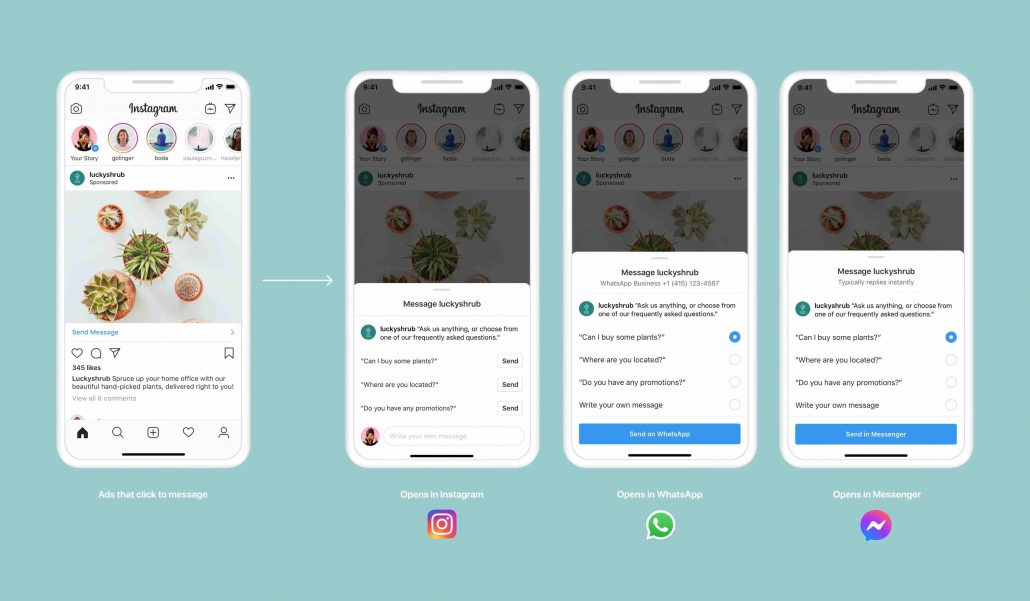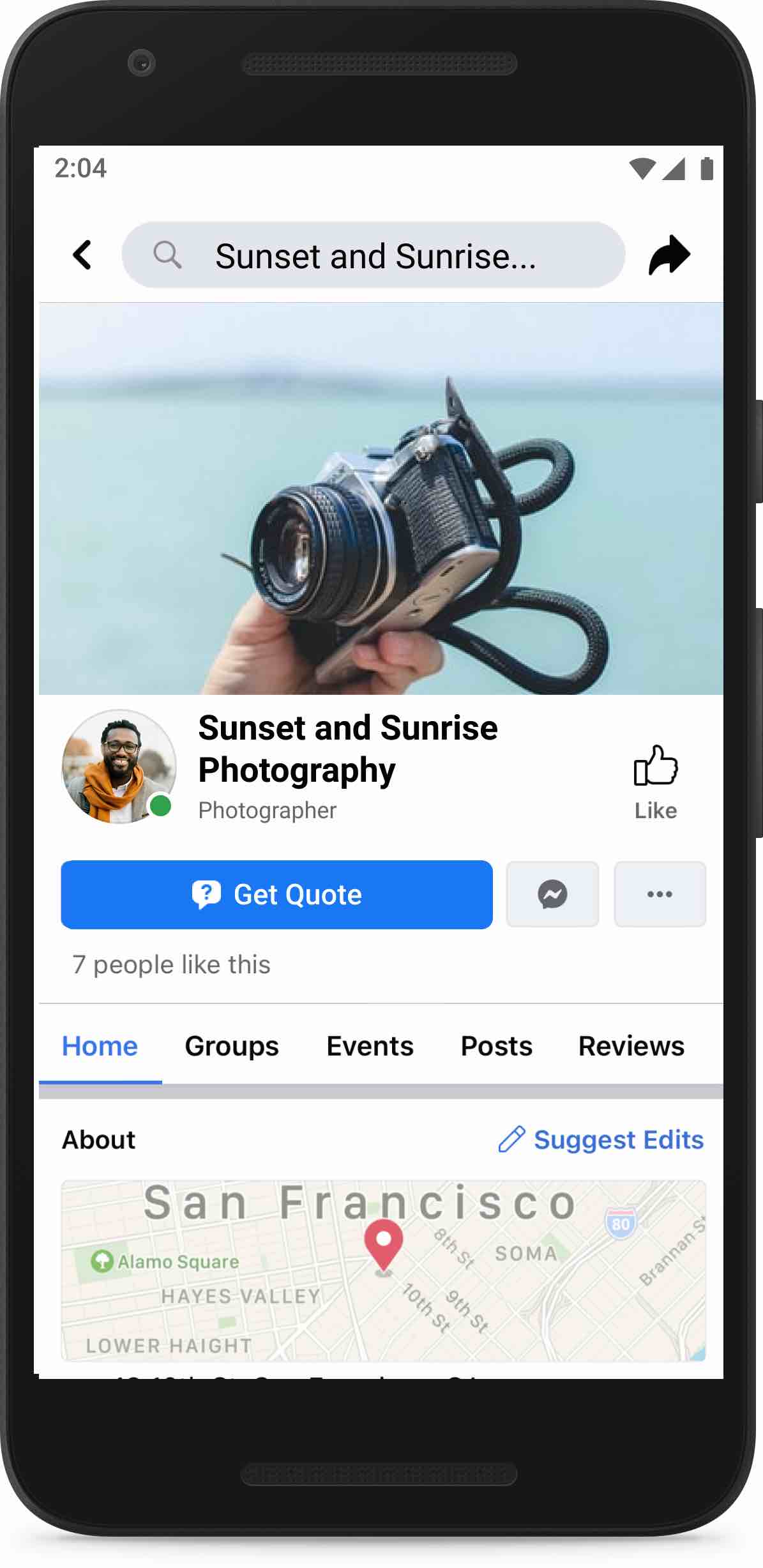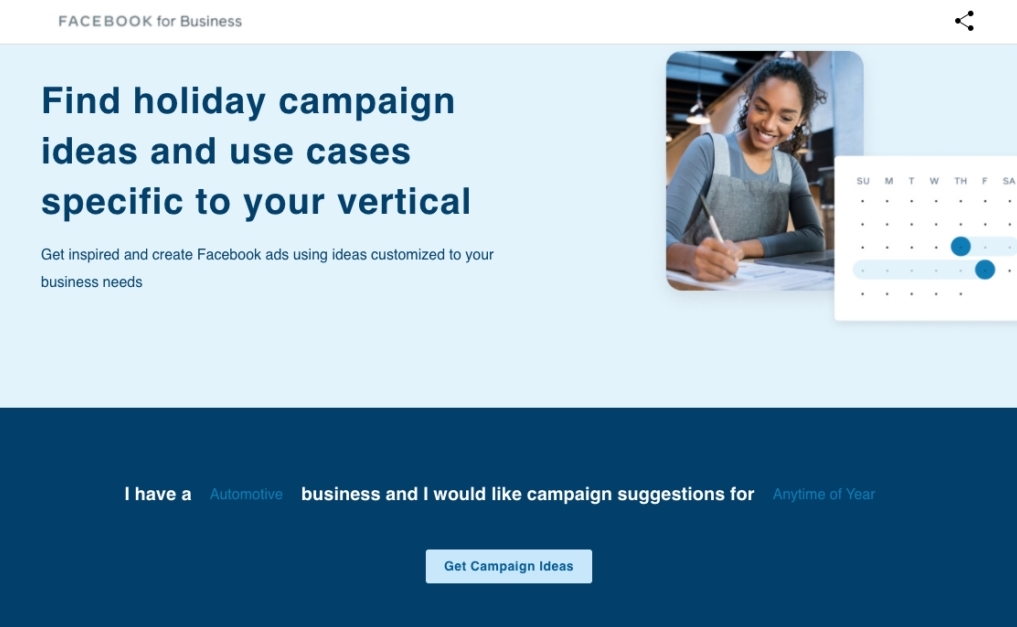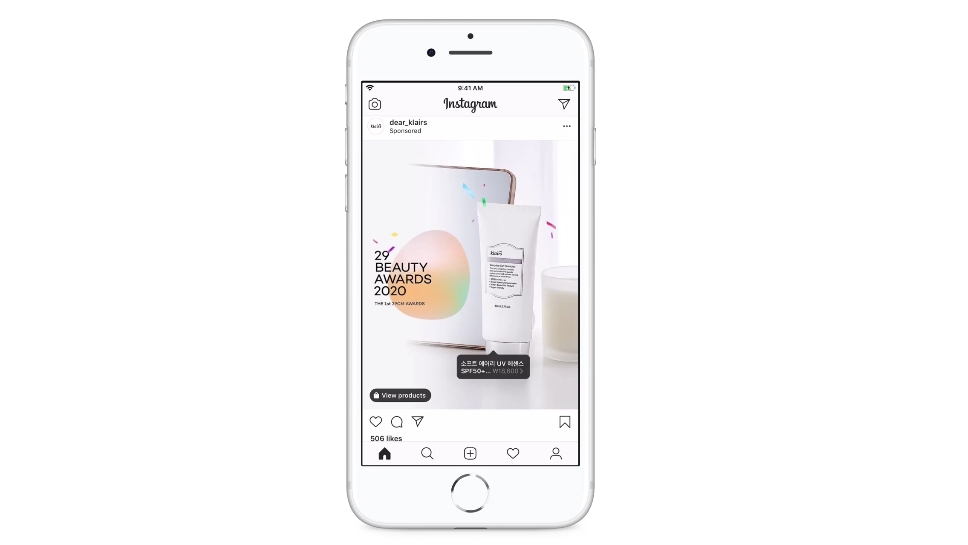Apple is poised to attach a fee when advertisers boost posts on Facebook or Instagram iOS apps, but Meta is offering a loophole.
Apple’s Plans To Charge For Boosted Posts
Starting later this month, Apple will begin handling billing when advertisers use the Facebook or Instagram iOS apps to boost their posts. This isn’t just a change in billing processors though. When Apple handles billing for online transactions, they attach a 30% fee on the total payment (excluding taxes).
Since the iOS Facebook and Instagram apps often include exclusive features and new features before the Android or desktop versions of the platform, this could potentially mean Apple would be charging advertisers for access to these features.
Additionally, when Apple takes over billing it will change how advertisers pay for boosting posts. Instead of being charged after the boosted post has run, brands using iOS apps will be forced to pay upfront using prepaid funds added to their account.
Meta Offers A Way Around Apple’s Hurdles and Fees
Thankfully, Facebook and Instagram’s parent company, Meta, has provided a way for advertisers to avoid these changes by ensuring all the features available in their iOS apps are also available in browsers and on desktop devices.
This means that advertisers can avoid the fees, even when using iOS devices, by boosting their posts through their browser instead of the native app.
As Meta said in the announcement:
We are required to either comply with Apple’s guidelines, or remove boosted posts from our apps. We do not want to remove the ability to boost posts, as this would hurt small businesses by making the feature less discoverable and potentially deprive them of a valuable way to promote their business.
We are committed to offering businesses flexible and convenient options to help them navigate this change and maximize the results of their ad spend. As part of our efforts to do this, we have invested in alternative ways to boost posts.
Specifically, advertisers can access Facebook.com and Instagram.com on both desktop computers or a mobile web browser to boost their content. When doing this, they will have all the same features as boosting posts from the iOS apps, except now they will avoid the Apple service charge.







